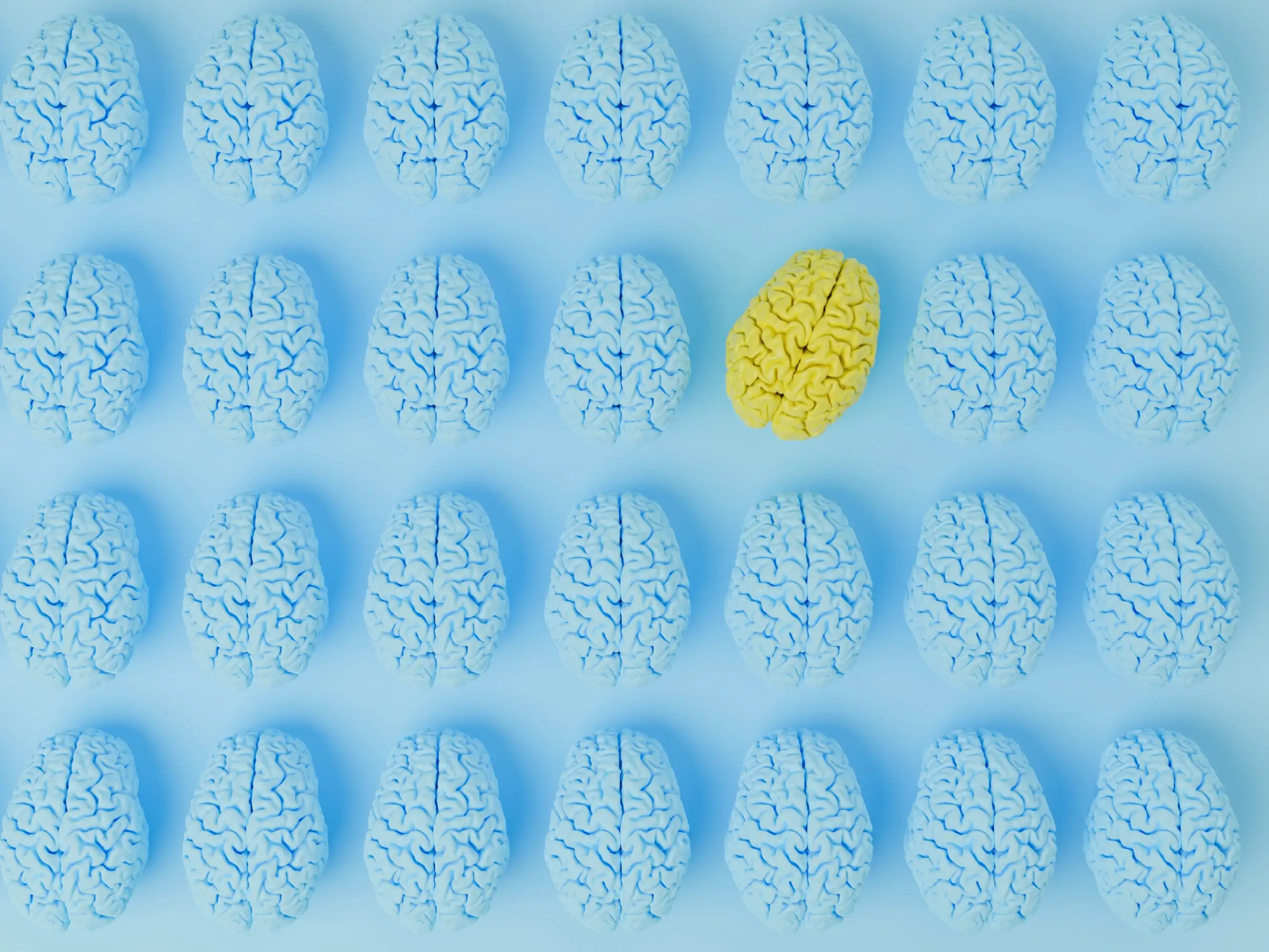
In a now famous behavioral experiment, Mischel and colleagues (1972) measured children’s ability to delay gratification by asking them to hold off on eating a marshmallow placed in front of them. If they were successful in waiting, they received a second marshmallow. This study, which introduced the marshmallow test, inspired a host of investigations linking children’s ability to forego an immediate reward in order to get a larger reward later with measures of future success such as educational and financial achievement or better health.
Unfortunately, the simplified association between a child’s ability to wait before indulging and his or her life outcomes has recently been called into question, causing some of the initial conclusions from the marshmallow test to be roasted. In an updated experiment, Watts and colleagues (2018) found that much of the relationship between delay of gratification and future achievement could be explained by early cognitive ability and external factors such as a child’s family background and home environment. The good news is that this, and other research, suggests that, while we often blame lapses in willpower as a root cause for failing to realize a goal, changing what we can to restructure our environment may be a beneficial strategy for overcoming temptation and achieving success in the long term — for both children and adults.
So what does all this have to do with medication adherence? A significant driver of not adhering to a medication treatment plan is present bias (O’Donoghue & Rabin, 1999), or the tendency for people to discount larger, future rewards and prefer smaller, immediate rewards (i.e. one marshmallow right now). Patients who follow a treatment plan well can enjoy improved health and productivity and reduced healthcare expenses in the long run, but, there can be costs to the patient in the present for medication adherence such as inconvenience and possible side effects. Patients are particularly likely not to be adherent when they are currently not experiencing symptoms and only perceive the present costs of taking the medication.
One aim of the Collabree app is to offset these early costs to the patients as well as incorporate research from behavioral science in order to give external assistance to facilitate adherence to a treatment plan. In short, we here are working hard to implement a structured change in our patients’ environment so they can get their second marshmallow (and possibly enjoy something sweet in the process. Mmmm.)



